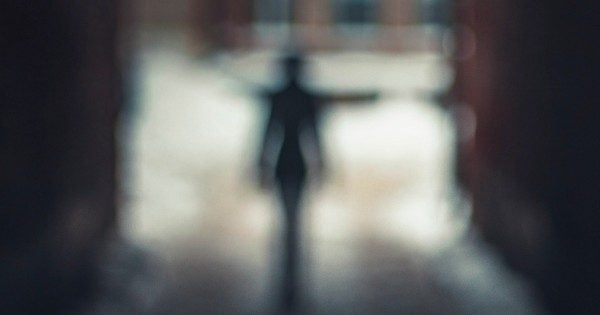When you close your eyes and try and imagine a beach, what happens?
Can you actually see a beach? Is it clear like a photograph? Can you make out the colour of the sand and the shape of the shoreline?
For a small percentage of people, this is entirely impossible. And I’m one of them.
It wasn’t until very recently, when a Professor of Cognitive and Behavioural Neurology stumbled across what he thought was an “odd” case, that he discovered an estimated two in every 100 people have a “blind mind”.
Professor Adam Zeman met a patient in his mid-60s who had undergone an operation on his heart. He told Zeman that while he had previously enjoyed “imagining the faces of friends and places he’d been”, all of a sudden, after the surgery, he became “unable to summon imagery voluntarily.”
Since this case study, Zeman has heard from over 10,000 people with the condition, now named aphantasia.
People with aphantasia cannot imagine a landscape or the face of a person. They see nothing. Their mind’s eye is effectively blind.
In April of 2016, Blake Ross, creator of the Mozilla Firefox web browser, wrote about living with the condition.
“I have never visualised anything in my entire life…” he writes. “I can’t ‘see’ my father’s face or a bouncing blue ball, my childhood bedroom or the run I went on ten minutes ago. I thought ‘counting sheep’ was a metaphor. I’m 30 years old and I never knew a human could do any of this. And it is blowing my goddamned mind.”
Even in regards to something simpler, like a red triangle, Ross says, “I can’t even understand the question. I can think about the idea of a red triangle. But it’s blackness behind my eyes. Blackness next to my ears. Blackness in every nook and kindle of my brain.”

